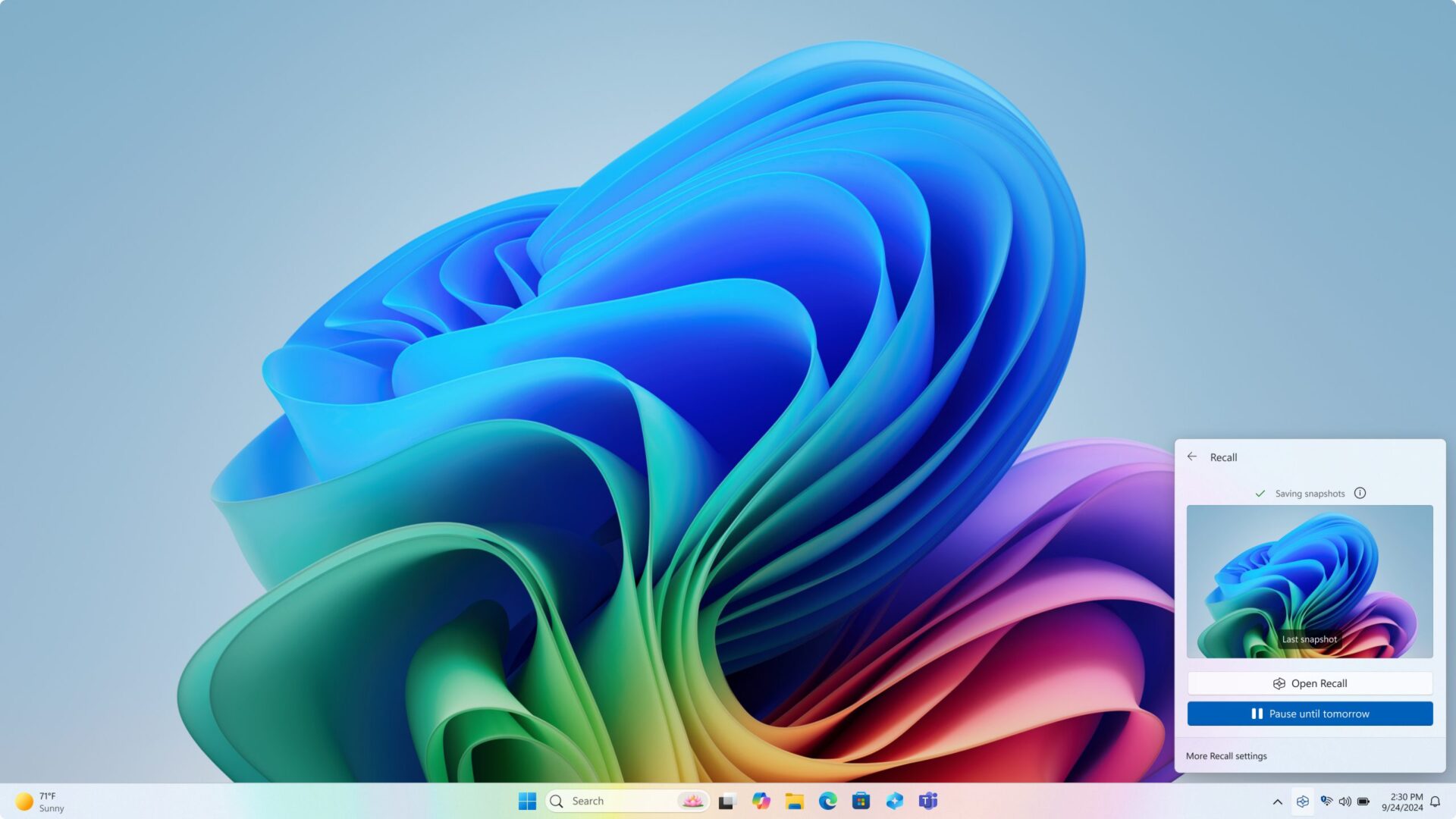The semiconductor industry is facing a major disruption as AMD, Intel, and Qualcomm announce unprecedented recalls of several chips used in devices worldwide. This recall, which impacts billions of processors manufactured between 2019 and 2022, has sent shockwaves through businesses reliant on these technologies for their IT infrastructure and day-to-day operations.
Why is this happening?
The recall stems from a critical design flaw that, while not a security risk, affects the long-term reliability of the chips under specific workloads. This flaw has the potential to degrade system performance over time, raising concerns for enterprises that depend on these processors for mission-critical workloads.
The Impact on Businesses
Organisations across sectors, from financial services to healthcare, are now faced with the challenge of assessing their infrastructure and mitigating potential downtime. Devices powered by these chips, such as laptops, servers, and IoT devices, may require replacements or reconfigurations to ensure uninterrupted operations.
Key challenges include:
- Device and IT Service Disruption: Businesses relying on affected hardware could face performance instability.
- Increased IT Costs: Managing replacements or upgrades could strain IT budgets.
- Supply Chain Delays: The logistics of replacing millions of chips may lead to global supply chain challenges.
How to Prepare Your Organisation
This global recall underscores the importance of proactive IT lifecycle management and robust vendor relationships. To navigate this disruption, organisations should:
- Audit their IT Assets: Identify devices running the impacted processors.
- Engage with IT Vendors: Collaborate with suppliers to plan replacements or repairs.
- Review Device Strategy: Consider this an opportunity to modernise IT infrastructure, adopting energy-efficient and AI-capable devices.
Conclusion
Microsoft initially only made these features available for Snapdragon (ARM based) Copilot+ PCs but with this update they are continuing to u lease the new AI features in Windows 11 to more devices. The expansion of Recall to Intel and AMD Copilot+ PCs marks a step forward in enhancing user experience and productivity on this next generation of devices.
Looking Ahead
While the recall is a setback, it also highlights the need for adaptable IT strategies that can handle unexpected challenges. Leveraging partnerships with leading technology providers like Microsoft and Cisco, we help organisations build resilient, secure, and scalable systems.
Book a call today to learn how we can support your business through this global recall.

